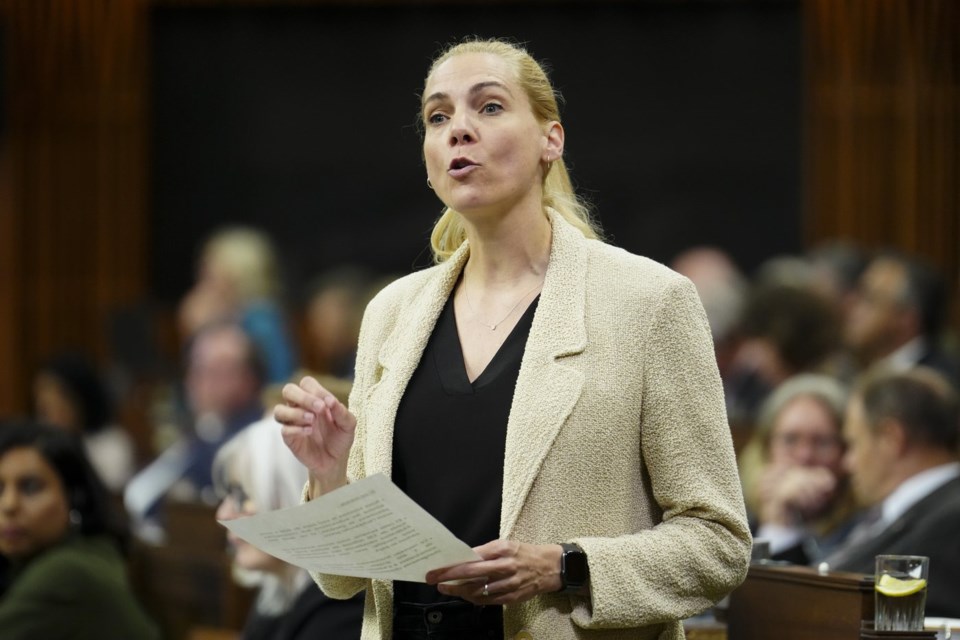OTTAWA — The Liberal government continues to insist that Meta may still be regulated under its Online News Act, as users continue to find ways around its news ban.
But the Canadian Radio-television and Telecommunications Commission suggests it doesn't have enough information in hand to make a decision, despite acknowledging reports that news is still available on Facebook and Instagram.
Meta began blocking news links on the two platforms in Canada after Parliament passed a law last summer that would have required it to compensate media outlets for displaying their content.
Since the block, social-media users on both platforms have found workarounds by sharing screenshots of news articles, copying text of articles in their posts or sharing links to posts on X that include news links.
Even though the government operates at an arm's length from the CRTC, Canadian Heritage Minister Pascale St-Onge has signalled for months that Meta could still be regulated under the law, in light of users' loopholes.
"The Online News Act may still apply to Meta, and it will be up to the CRTC to determine," her office said in a statement.
Meta has maintained that its removal of "news" as defined by the federal government means it does not need to provide compensation under the law.
The regulator noted in a Friday statement that it's the company's responsibility to proactively inform the CRTC if that position changes.
"The CRTC does not control the types of content that platforms make available to their users under the Act," the regulator said in a statement.
"Some reports have claimed that Meta continues to make news available; however, the CRTC would require further evidence to take further action."
When the Online News Act was being studied by a House of Commons committee, officials with Canadian Heritage said the law would apply to certain tech giants if they facilitated the sharing of news links.
The law would not apply to companies if an excerpt of a news story or a quote from an article was shared, officials said in a November 2022 committee meeting.
A year into the ban, a new study shows local news outlets have seen a significant drop in their audience, while Meta itself has seemingly been unaffected.
Overall, Canadians are seeing less news online, with an estimated reduction of 11 million views per day across Facebook and Instagram, the Media Ecosystem Observatory found.
The research initiative led by McGill University and the University of Toronto has received federal funding, but its researchers are independent from Ottawa.
Meta has not faced any explicit penalty for blocking news in Canada, though government officials at the highest level have made their disdain for the company known.
The Competition Bureau is reviewing whether the block breaks any antitrust laws.
The Tories' Canadian Heritage critic, Rachael Thomas, said in a statement that the Liberal government is to blame for the pain small, local and independent media outlets are feeling.
She said a Conservative government would replace the law.
This report by The Canadian Press was first published Aug. 2, 2024.
Mickey Djuric, The Canadian Press




